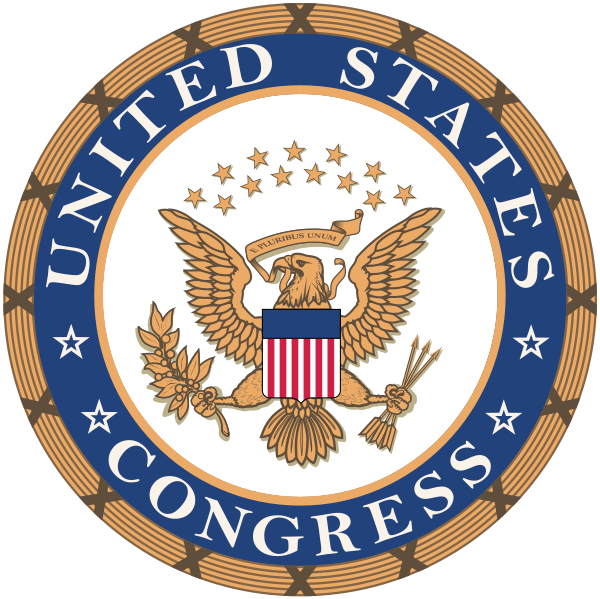Proposed Amendments to Rule 41 of the Federal Rules of Criminal Procedure would expand the government’s ability to search Americans’ computers and other digital devices
WASHINGTON – U.S. Senators Chris Coons (D-Del.), Steve Daines (R-Mont.), Mike Lee (R-Utah), Ron Wyden (D-Ore.), and Al Franken (D-Minn.), together with Reps. John Conyers, Jr. (D-Mich.) and Ted Poe (R-Texas), introduced legislation to provide Congress the time necessary to seriously consider and debate the proposed changes to Rule 41 that would expand the government's ability to search computers and other digital devices. The Review the Rule Actwould delay the proposed changes to Federal Rule of Criminal Procedure 41 from going into force until July 1, 2017. Without congressional action, the proposed changes will go into effect on December 1, 2016.
Federal Rule of Criminal Procedure 41 governs the procedures and parameters for issuing search warrants. Under current law, a federal judge may issue a warrant to search property located within a specific judicial district. At the urging of the Department of Justice, the Supreme Court ultimately approved two sweeping amendments to Rule 41:
1. A judge may issue a warrant to remotely search, copy, and seize information from a device that does not have a known location (and may not be in the district) because the location has been concealed through technological means; and
2. A single judge may issue a warrant to remotely search and copy information from suspected devices across five or more districts.
 |
| Dean of the U.S. House of Representatives John Conyers, Jr. |
“I remain deeply concerned about the intended and unintended consequences of the expanded authorities contemplated in the proposed changes to Rule 41,” said John Conyers, Jr. (D-MI), House Judiciary Committee Ranking Member. “The bill we offer today will delay implementation until Congress has had a meaningful opportunity to examine the proposal in detail. Until we have adequately addressed the privacy concerns raised by my colleagues, this rule change should not take effect.”
“The proposed changes are serious, and present significant privacy concerns that warrant careful consideration and debate,” said Senator Coons, a member of the Senate Judiciary Committee. “Our bicameral, bipartisan legislation will give Congress time to do our job and carefully consider and evaluate the merits of these proposed changes to the government’s ability to search personal computers and other digital devices. It is essential that these rules strike a careful balance: giving law enforcement the tools it needs to keep us safe, while also protecting Americans’ constitutional rights to privacy and freedom from unreasonable searches.”
“We cannot give the federal government a blank check to infringe on Americans’ civil liberties,” said Senator Daines.“Congress needs the appropriate time to investigate the implications of this rule on Americans’ Fourth Amendment rights.”
“A single prosecutor should not have the power to hack into the phone or computer of virtually anyone in the United States,” said Senator Lee, a member of the Senate Judiciary Committee. “Yes, federal law enforcement does need new tools to stop and prosecute botnets, but the proposed Rule 41 rule change goes too far. The sensible thing to do is delay the implementation of this rule and allow Congress to investigate further."
“This rule change would give the government unprecedented power to hack into Americans’ personal devices,”Senator Wyden said. “This was an alarming proposition before the election. Today, Congress needs to think long and hard about whether to hand this power to James Comey and the administration of someone who openly said he wants the power to hack his political opponents the same way Russia does.”
“Government does not have the authority to unilaterally legalize widespread abusive hacking,” said Rep. Poe. “It is Congress’ responsibility to safeguard the constitutional rights of the people they represent from a power hungry Executive Branch. A delay in the proposed changes to Rule 41 is necessary to ensure that the newly elected Congress, and Administration, have the ability to carefully evaluate this rule change before it goes into effect to ensure that it is constitutional and in the best interests of the American people. Rushing to put the changes in place in the middle of the lame duck session is irresponsible. Too much is at stake to not get this right.”
Voting is beautiful, be beautiful ~ vote.©


No comments:
Post a Comment